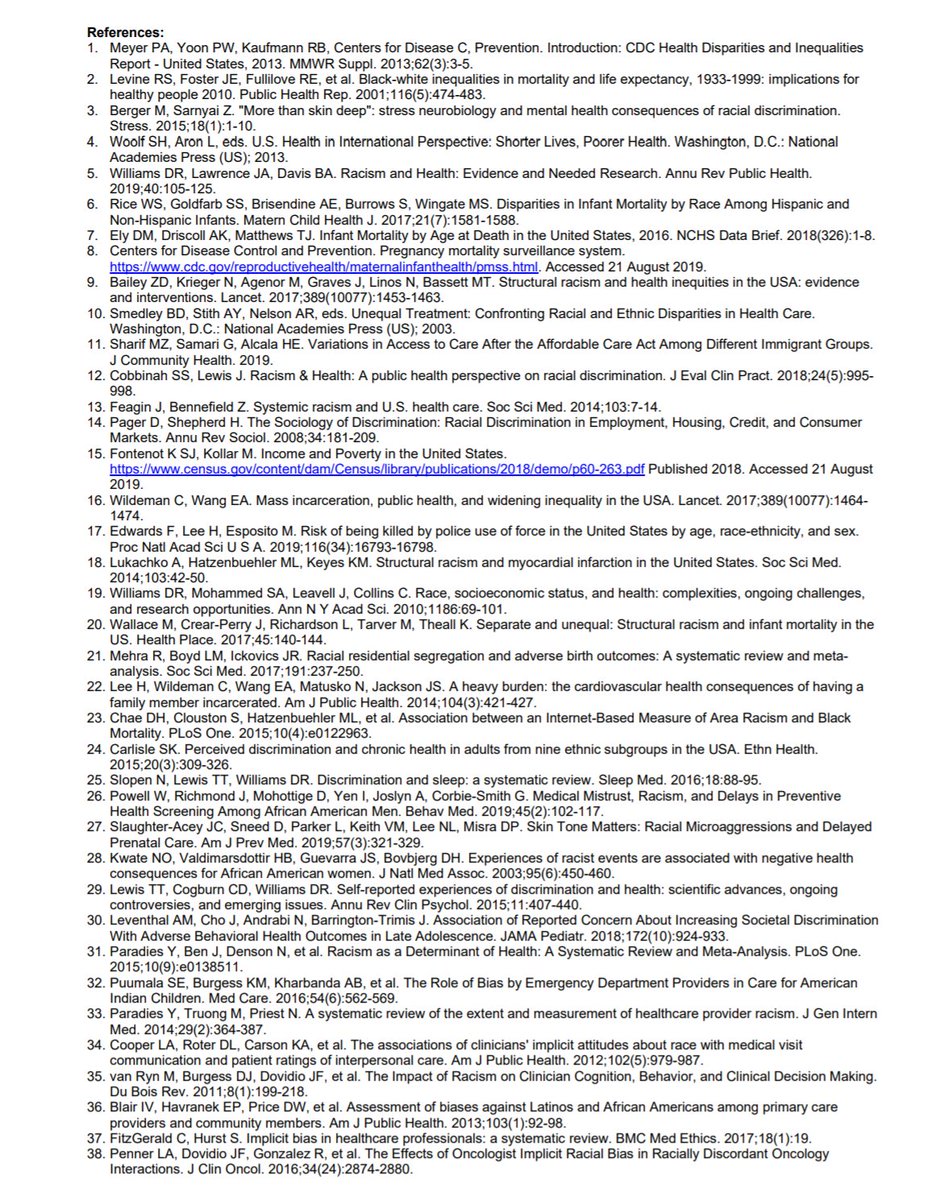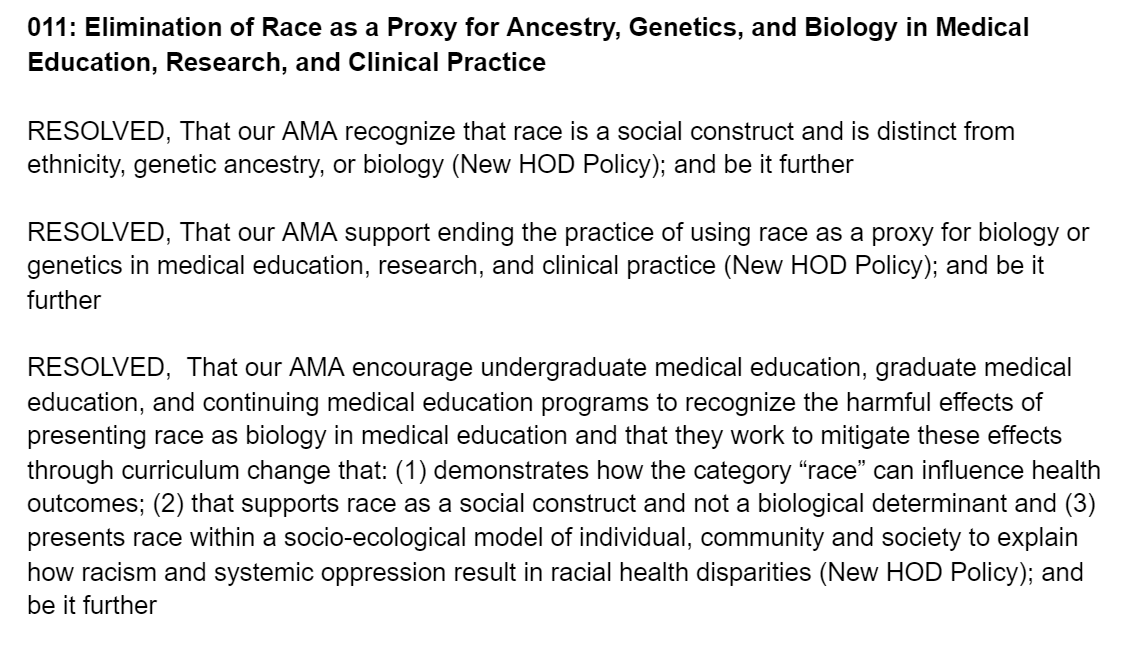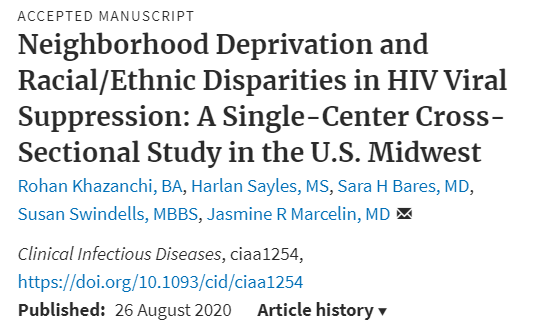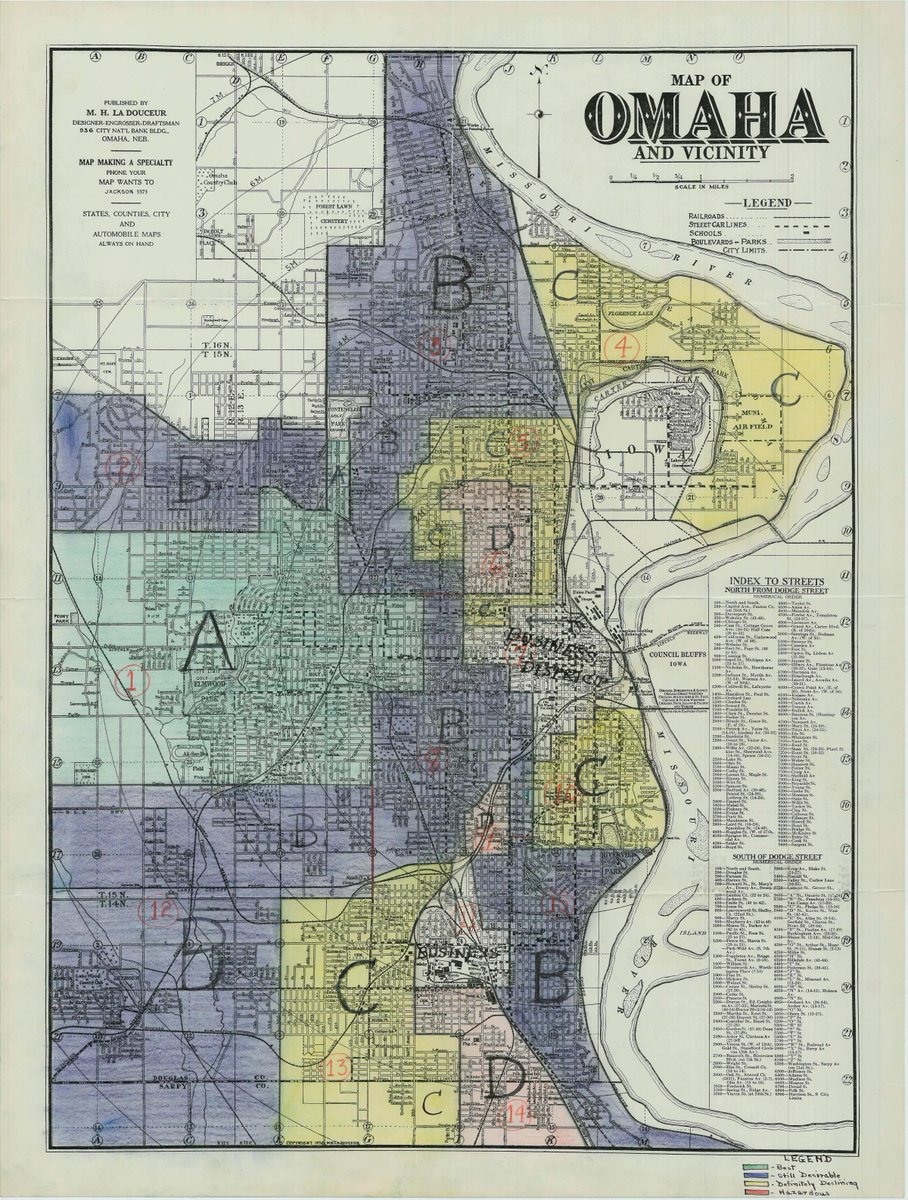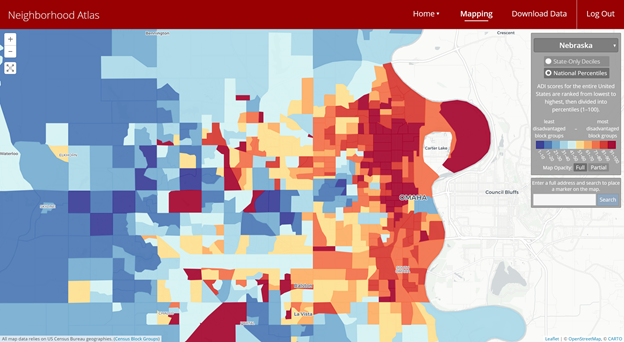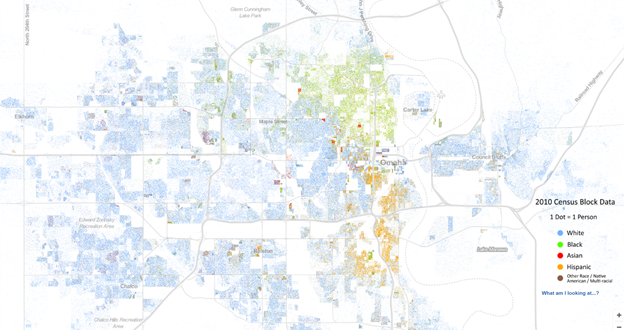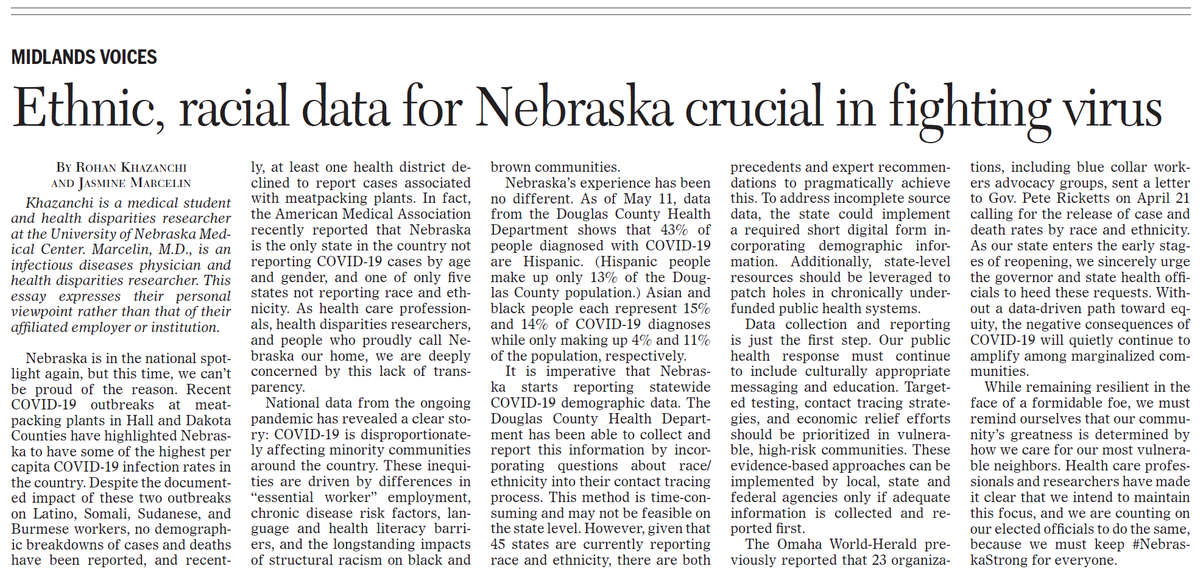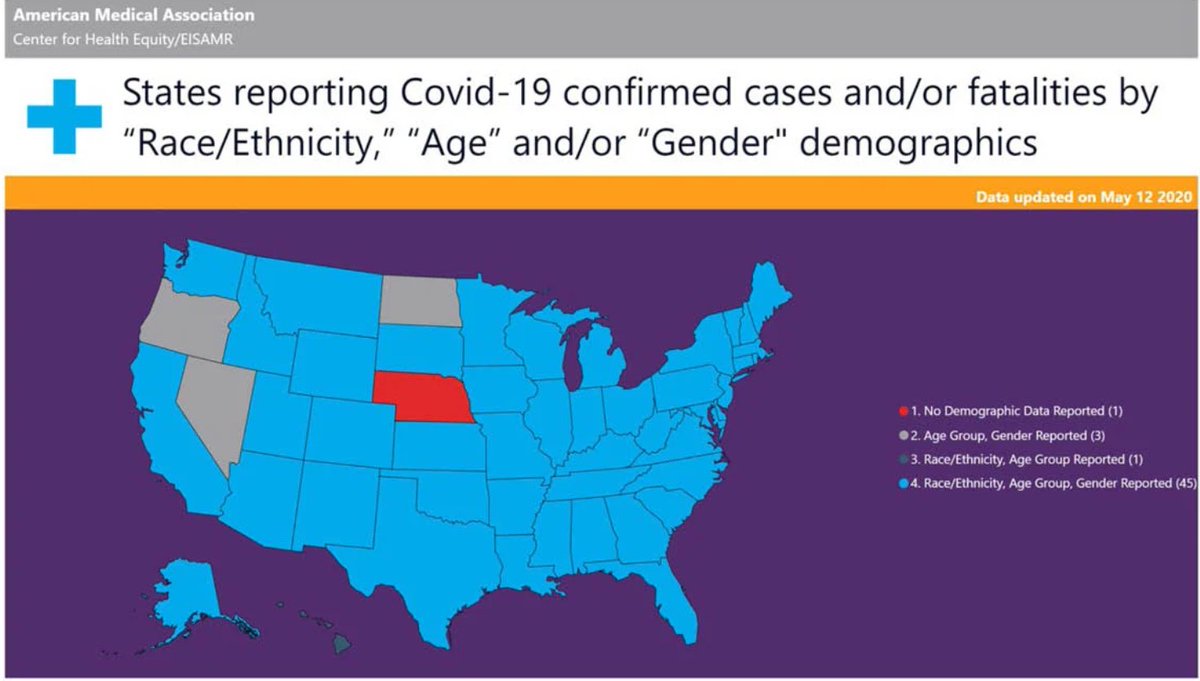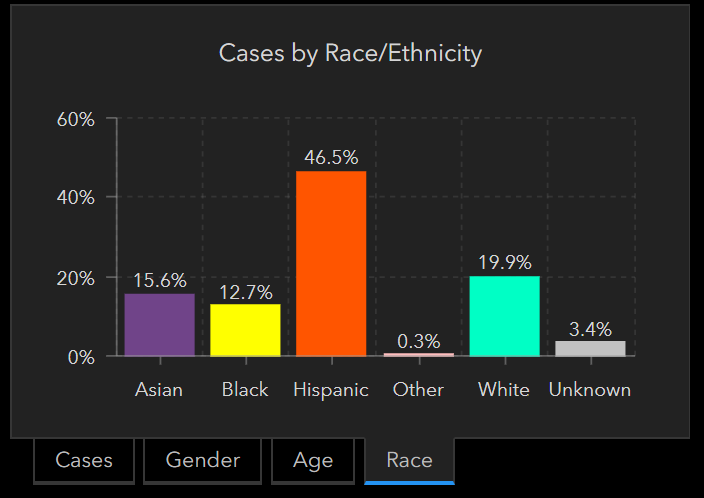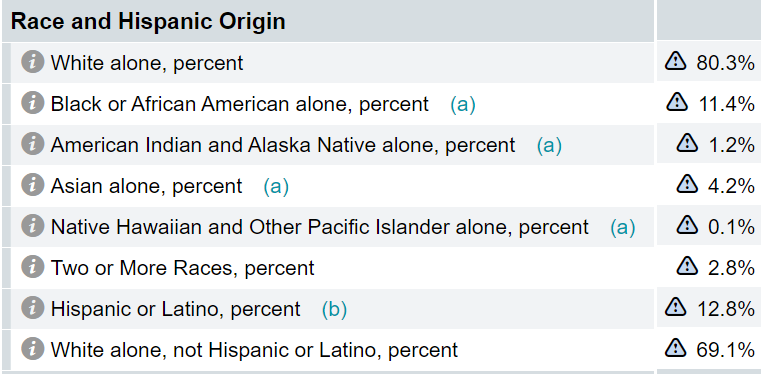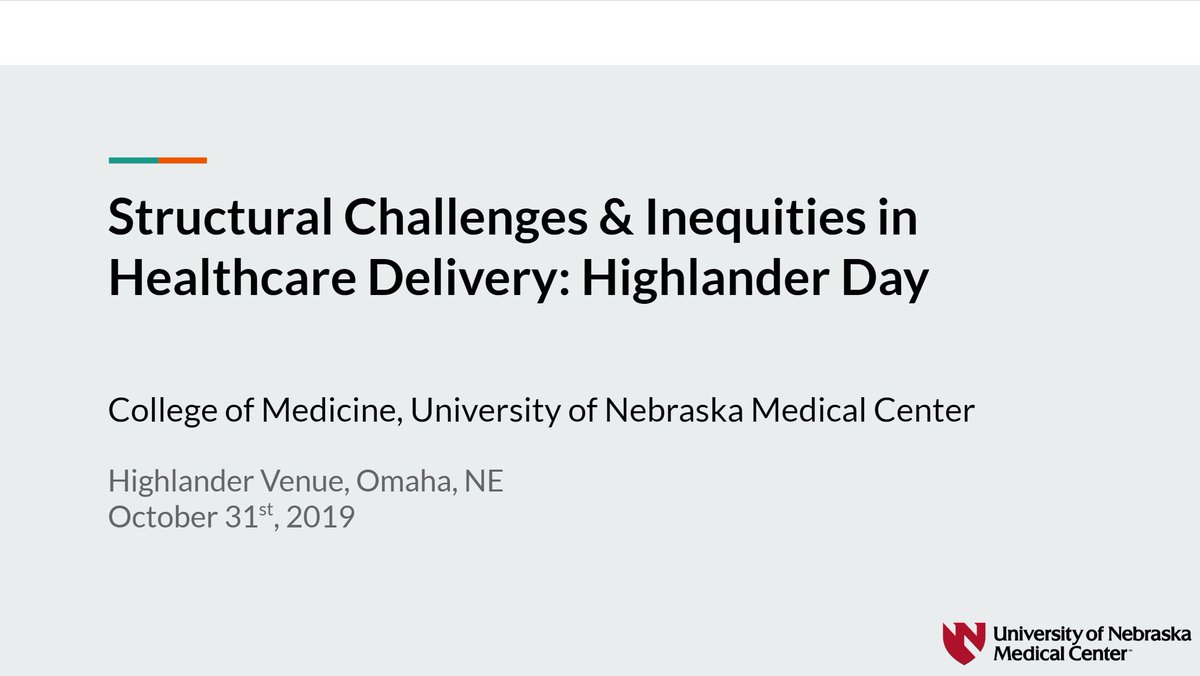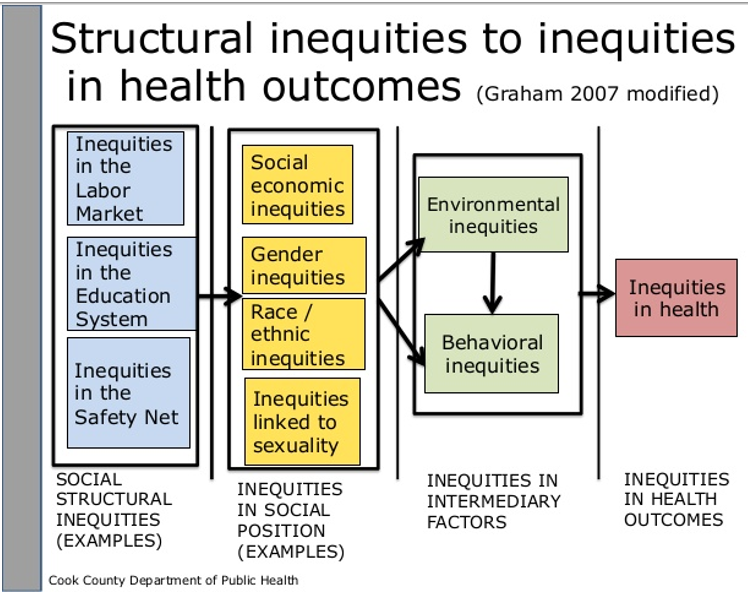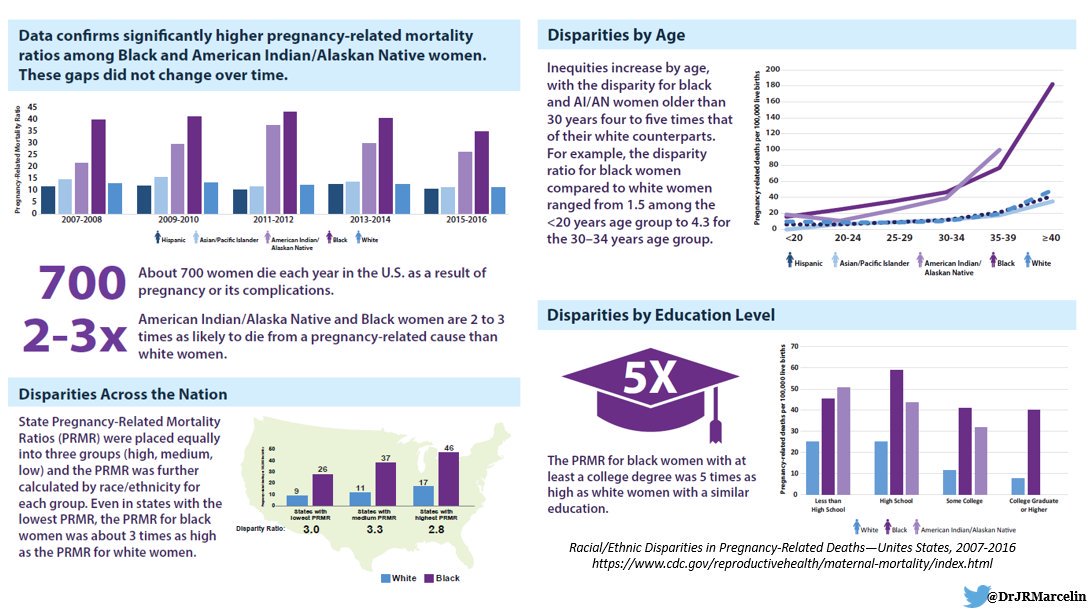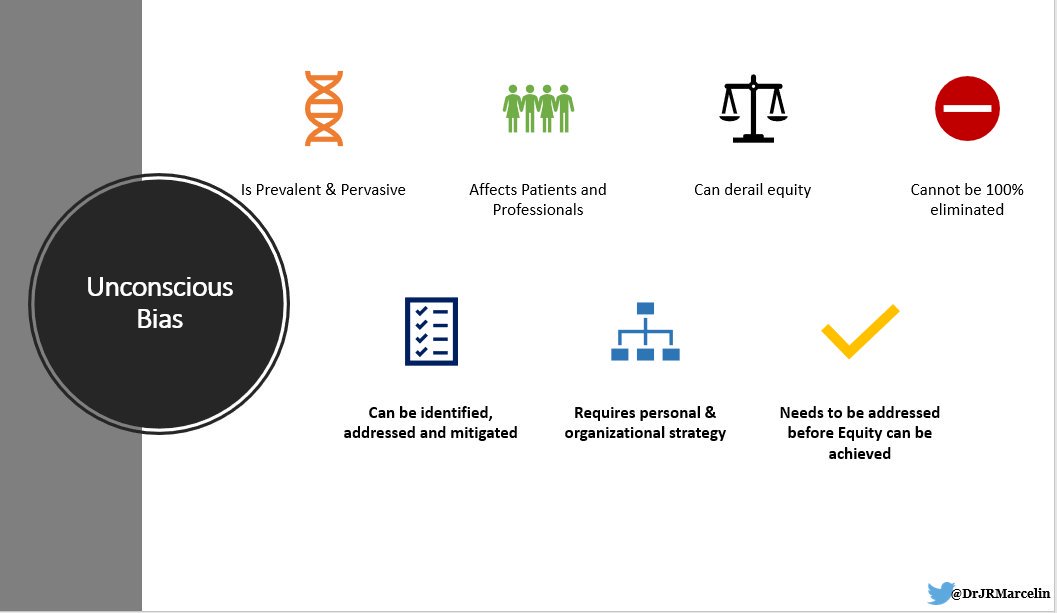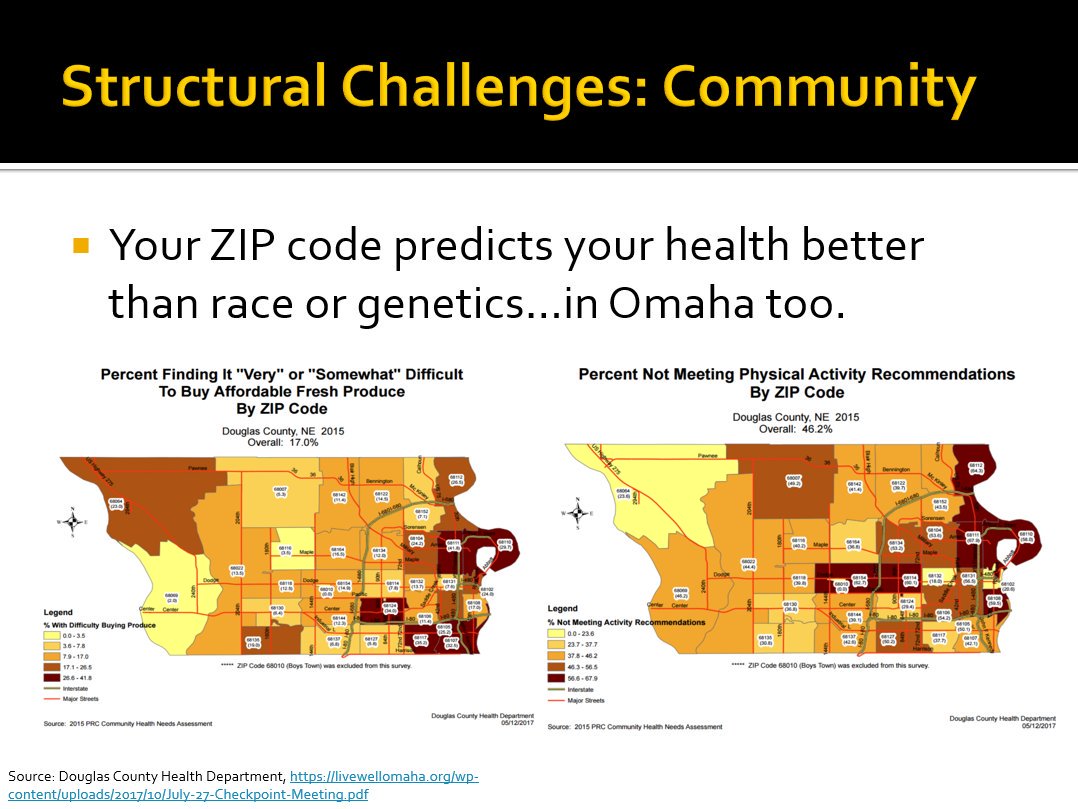
1/💡📝🧵"Building structural competency through community engagement" | @ClinicalTeacher
I tweet often about WHY health equity curricula should center #StructuralCompetency & community voices.
Our new #MedEd paper shows HOW we've tried to make it happen.
onlinelibrary.wiley.com/doi/10.1111/tc…
I tweet often about WHY health equity curricula should center #StructuralCompetency & community voices.
Our new #MedEd paper shows HOW we've tried to make it happen.
onlinelibrary.wiley.com/doi/10.1111/tc…
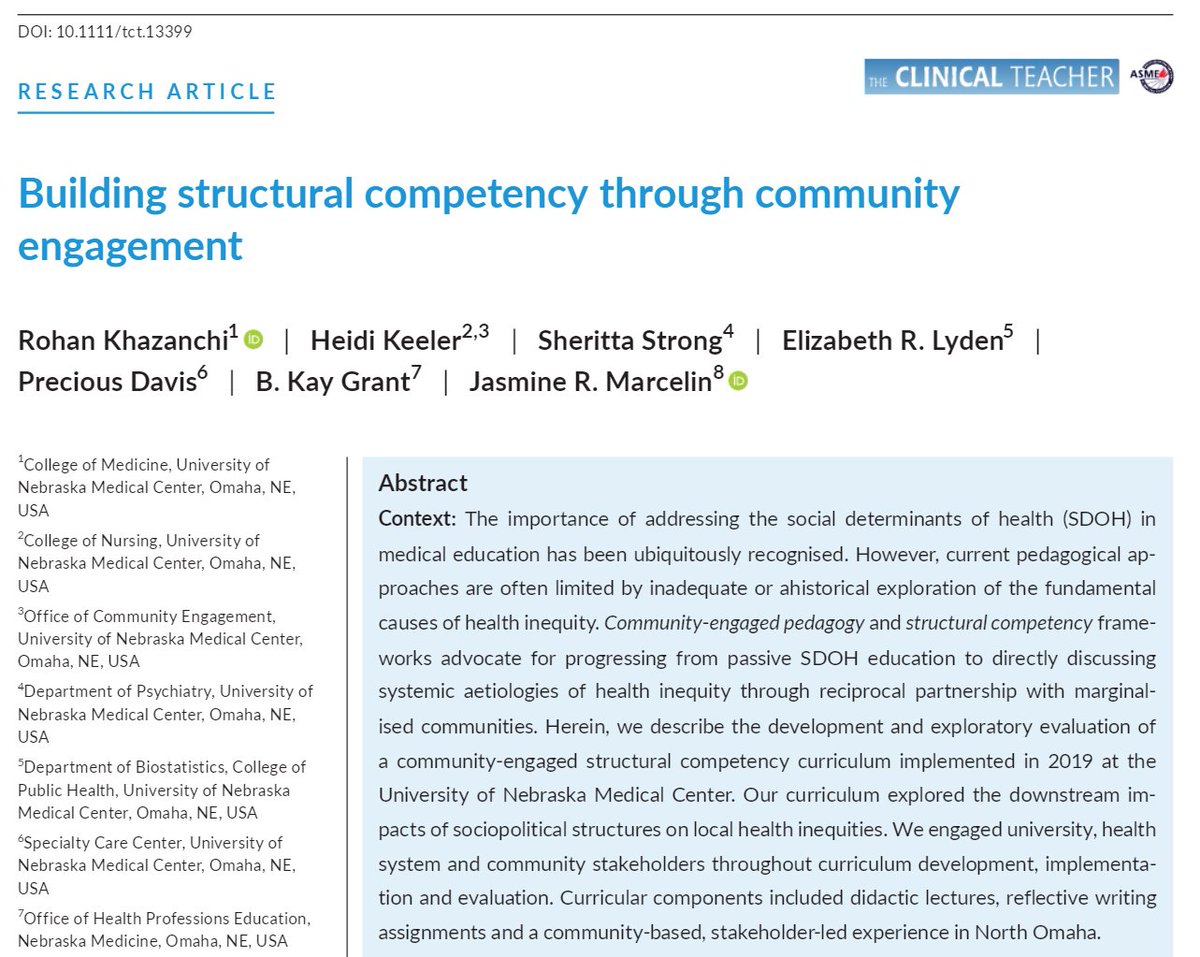
2/ My first #MedTwitter foray was sharing this project 👇🏽 in 2019.
Our vision was simple: Moving #MedEd from ahistorical discussions of health disparities ➡️ exploring fundamental causes, centering community voices, and honing in on hyperlocal inequities.
Our vision was simple: Moving #MedEd from ahistorical discussions of health disparities ➡️ exploring fundamental causes, centering community voices, and honing in on hyperlocal inequities.
https://twitter.com/rohankhaz/status/1190053673100931073?s=20
3/ We drew from two main pedagogical frameworks: #StructuralCompetency and community-engaged pedagogy (similar to CEnR/CBPR).
Though "community-based medical education" and "service learning" are widely used, we know these approaches often aren't enough:
pubmed.ncbi.nlm.nih.gov/21169780/
Though "community-based medical education" and "service learning" are widely used, we know these approaches often aren't enough:
pubmed.ncbi.nlm.nih.gov/21169780/
4/ A few key aspects made our pilot novel:
✅Non-optional
✅Scaled to entire MS1 class (132 students)
✅Multidisciplinary advisory group of @UNMC faculty + @NebraskaMed leaders + community
✅18 community stakeholders involved w/co-creation & facilitation
✅Non-optional
✅Scaled to entire MS1 class (132 students)
✅Multidisciplinary advisory group of @UNMC faculty + @NebraskaMed leaders + community
✅18 community stakeholders involved w/co-creation & facilitation
https://twitter.com/rohankhaz/status/1190053708328890368?s=20
5/ Our preliminary findings from the pilot are clear-cut:
Across all three respondent groups (faculty, students, community partners), the most frequently noted strength of the curriculum was direct learner-stakeholder engagement.
Some beautiful quotes from our qual analysis 👇🏽
Across all three respondent groups (faculty, students, community partners), the most frequently noted strength of the curriculum was direct learner-stakeholder engagement.
Some beautiful quotes from our qual analysis 👇🏽

6/ This project has truly been a labor of love with too many collaborators to thank in one thread.
All of us poured hours into it because we believe structural changes to WHAT we teach + HOW we teach it + WHO we consider "content experts" matter.

All of us poured hours into it because we believe structural changes to WHAT we teach + HOW we teach it + WHO we consider "content experts" matter.
https://twitter.com/rohankhaz/status/1190053831914090496?s=20

7/ And, we hope sharing our experience will help others recognize that even institutions like @UNMC (our then-MS1s were 89% non-URM + 29% from rural areas) can/should move beyond bias trainings & IATs, as @ChristleNwora @MaxJordan_N + more have called out.
https://twitter.com/ChristleNwora/status/1109236430042210304?s=20
8/ Thanks to those who have supported our work over the years -- and, if anyone has trouble w/access, please feel free to DM!
CC @DrAlethaMaybank @JonathanMetzl @fernandodemaio @uche_blackstock @oni_blackstock @UREssien @LashNolen @tsaiduck77 @RheaBoydMD
onlinelibrary.wiley.com/doi/10.1111/tc…
CC @DrAlethaMaybank @JonathanMetzl @fernandodemaio @uche_blackstock @oni_blackstock @UREssien @LashNolen @tsaiduck77 @RheaBoydMD
onlinelibrary.wiley.com/doi/10.1111/tc…
A few quick additional thank yous: @asmeofficial @ClinicalTeacher @MedEd_Journal for the opportunity to share this work in the upcoming Special Issue on Diversity, Equity, & Inclusion + @AmerMedicalAssn for supporting @UNMC @KCaverzagie as an ACE Consortium school! #ChangeMedEd
• • •
Missing some Tweet in this thread? You can try to
force a refresh




